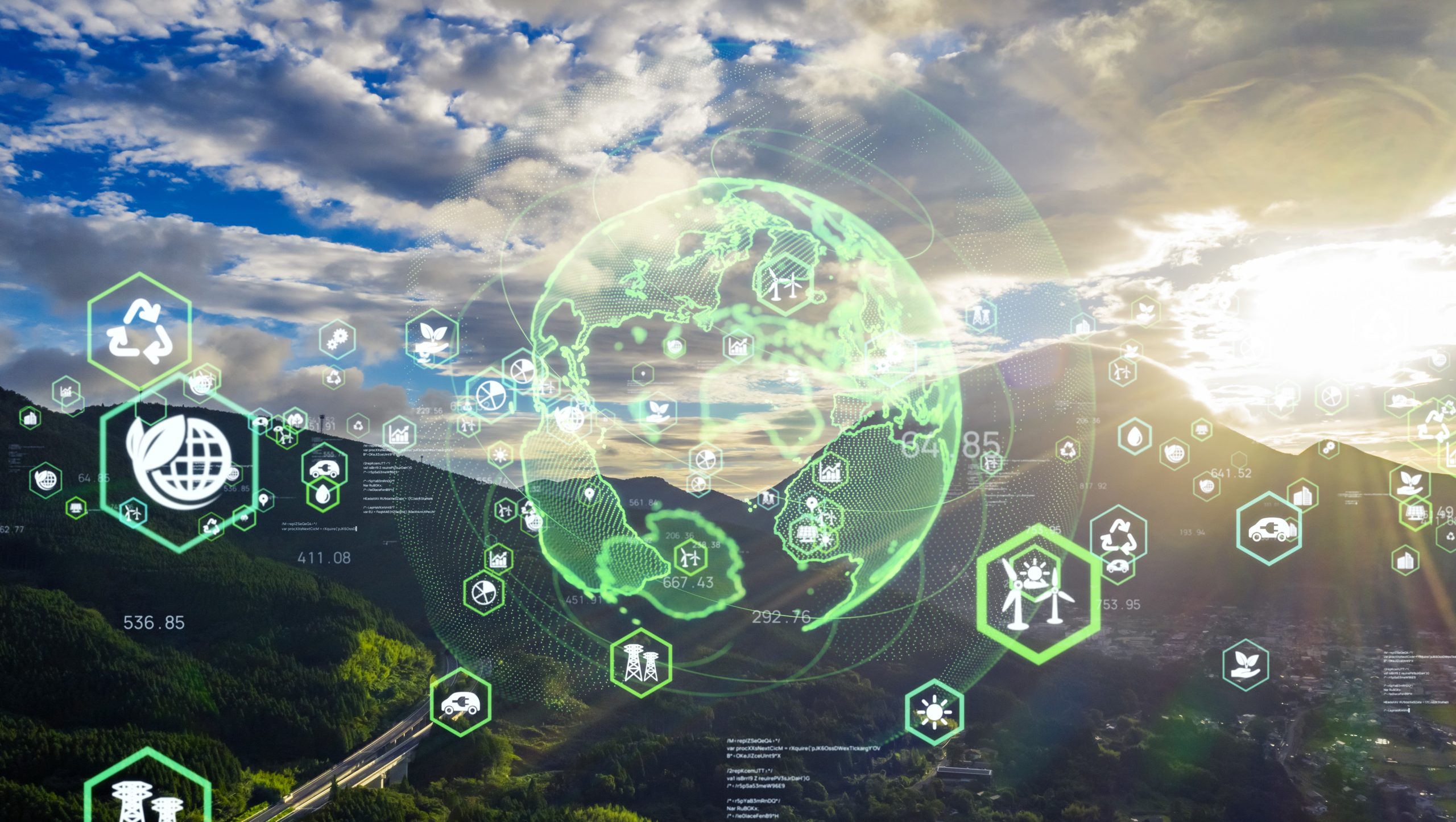Artificial Intelligence for the Environment
Artificial intelligence for biodiversity preservation

Objectives
Project RAISE provides actionable recommendations for governments, NGOs, researchers, and companies on how to leverage AI to support biodiversity conservation.
With biodiversity loss being one of humanity’s most pressing issues, urgent and concerted efforts are needed to address it. AI can be a valuable tool as it offers opportunities to speed up conservation efforts, but its use must align with a paradigm shift towards new, sustainable models of development.
In partnership with the WWF, Oxford University, Radiance International, KPMG, and Saint Joseph University of Beirut, Project RAISE developed a report that outlines a Responsible AI for Biodiversity framework, recommendations for policymakers and AI practitioners, and a sector-wide AI-for-biodiversity roadmap. Biodiversity loss is one of the most critical issues facing humanity, requiring urgent and coordinated action.
The Project RAISE report assesses the current landscape of AI and biodiversity initiatives, identifies gaps, offers a vision for how AI can be applied to support conservation efforts, identifies bottlenecks to such adoption, proposes recommendations to achieve the proposed vision, and puts forward a roadmap for how these recommendations can be delivered.
The potential applications of AI are numerous, including automated species classification, automated monitoring of land use changes, tracking fishing vessels, assessing the impact of biodiversity policies, and the optimisation of biodiversity-positive business models for key sectors. Such applications enable enhanced transparency, accountability and action that can support biodiversity conservation. However, it’s important to remember that AI should be used in conjunction with other efforts to ensure the conservation of biodiversity.
The instructive report identifies bottlenecks to such adoption, proposes recommendations to achieve the proposed vision, and puts forward a roadmap for how these recommendations can be delivered. A timely contribution not only for AI practitioners and data scientists, but also for practitioners in the field of biodiversity conservation and restoration; private sector companies; government officials; and philanthropy.
Team
Stephanie King
Director of AI Initiatives
Arnaud Quenneville-Langis
Project Manager
Johannes Leon Kirnberger
Project Manager
Nicolas Miailhe
GPAI expert and Project co-lead
Raja Chatila
GPAI expert and Project co-lead
Lee Tiedrich
GPAI expert and Project co-lead
Steering Committee
Daniel Barthelemy
Christian Lemaître
Dave Thau
Sara Beery
Tanya Berger Wolf
Collaborators
Pete Clutton-Brock
Judith Ament
Nasser Olwero
Simon Jackman
Steven Reece
Orlaith Delargy
Rhea Kahale
Partners
Radiance
WWF
Oxford University
Saint Joseph University of Beirut
In the report on biodiversity and AI, we have introduced a sector-wide AI for biodiversity roadmap, with concrete recommendations for action. We welcome any organisation and specifically GPAI member governments to collaborate with Project RAISE on operationalising these recommendations and leverage AI for biodiversity preservation.
Additionally, we welcome expert representatives from external organisations in this domain to join the team as members of the Project Advisory Group.